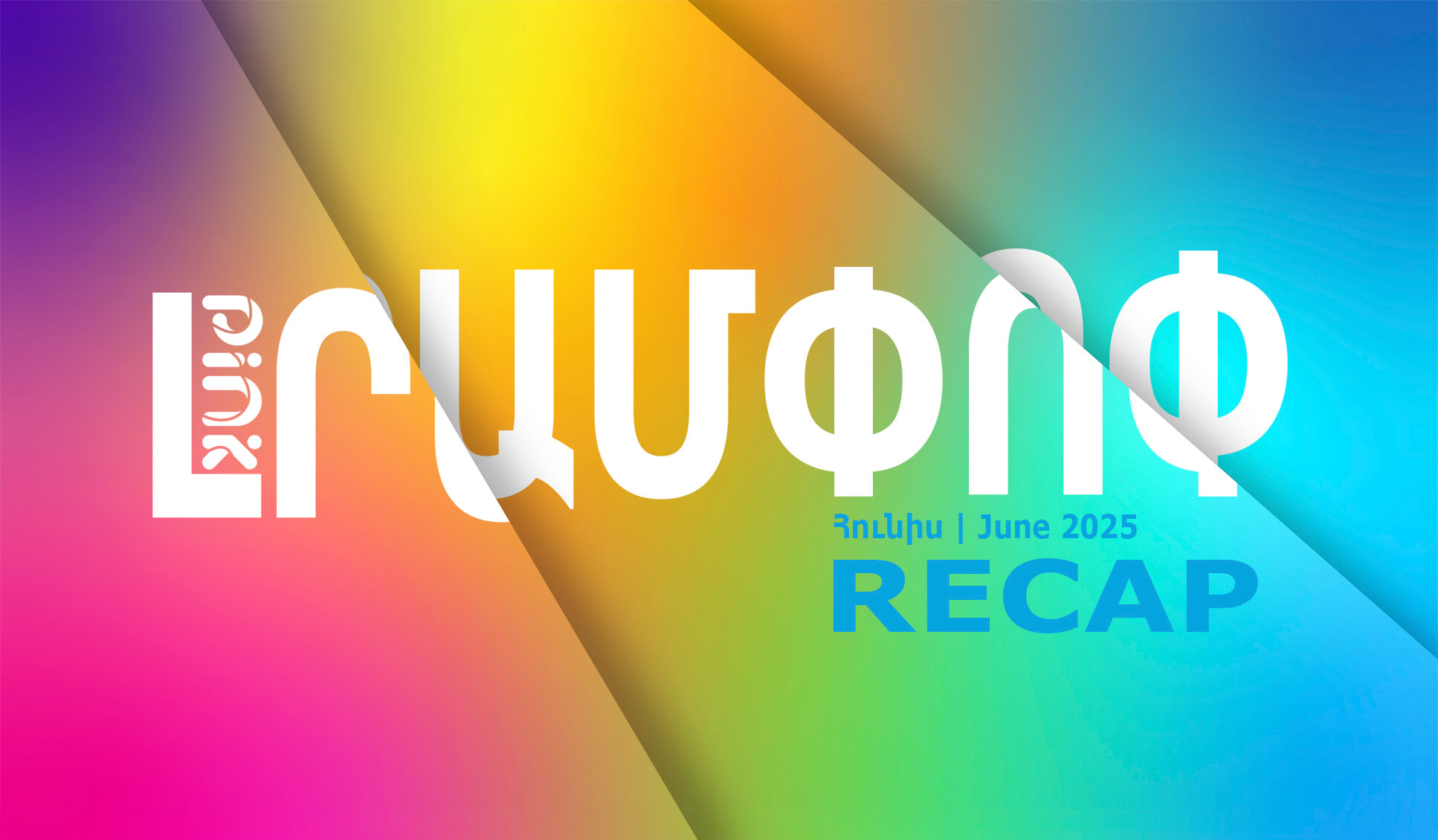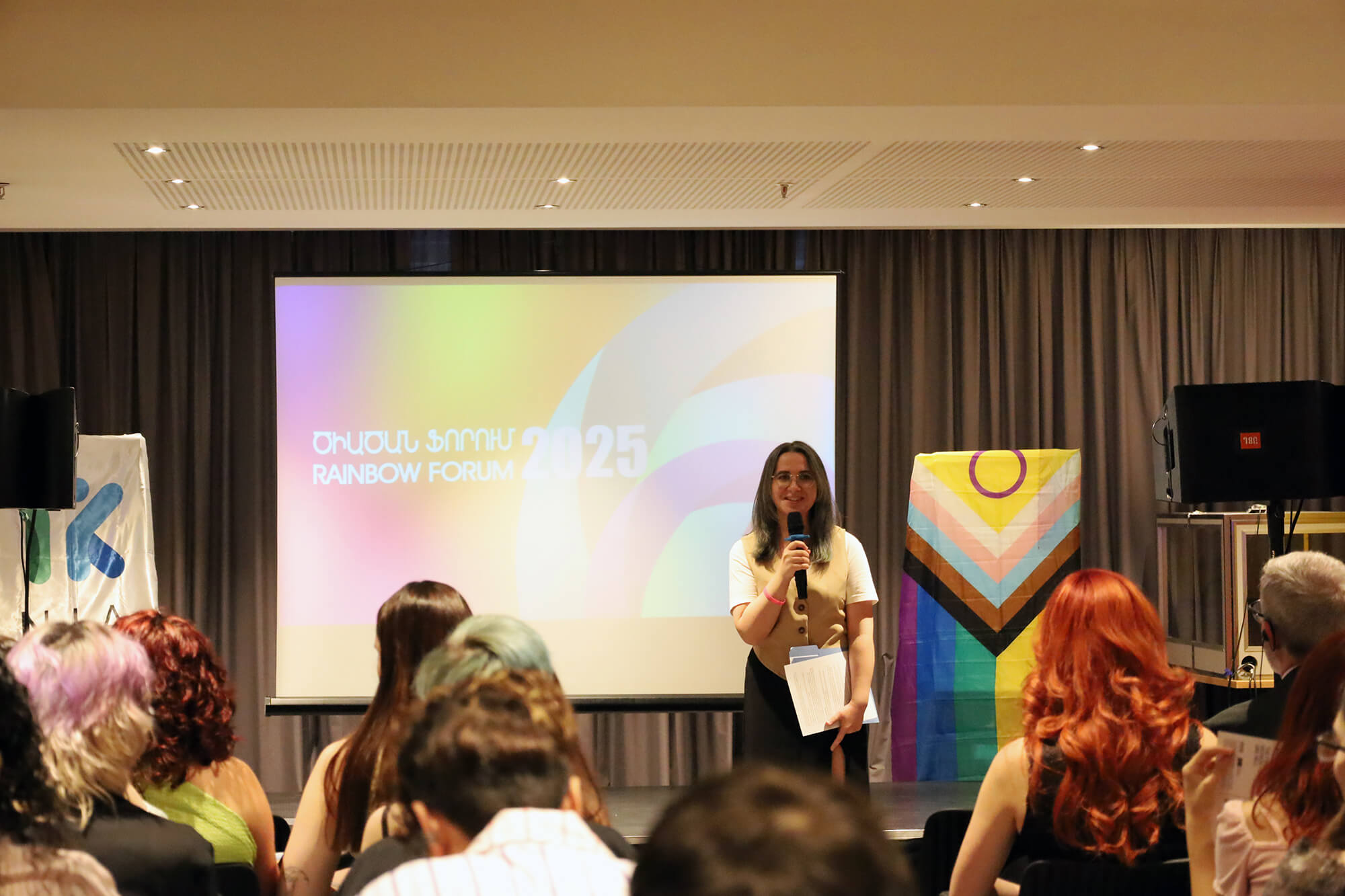Helsinki Committee’s monitoring report on hate speech in mass media
Starting from July 2018, the Helsinki Committee of Armenia conducts pilot monitoring of hate speech and dangerous speech in Armenian mass media, including print and online media, as well as television broadcasting.
The organization carried out a study of legal regulation and international practices, developed hate speech incidents identifying and recording mechanisms, recorded hate speech cases and, as a result, a report was developed and published.
The report notes that hate speech is based on discrimination, as a result of which individual groups of people are negatively labeled based on their lifestyle, religion, language, national, ethnic, physical attributes, ideology, and other peculiarities and eventually end up becoming a target of hate and contempt.
Hate speech, therefore, is an ideological and psychological basis for discrimination, promoting such perceptions in the behavior of state institutions, politicians, public opinion-makers and individuals, which can lead to discriminatory actions.
The results of the monitoring showed that from July 2018 to June 2019, the incidents of hatred and dangerous speech were largely driven by the religious viewpoints of the targeted individuals, their sexual orientation and their gender identity.
The report notes that from monitored 6 print and online media, the media outlet that displayed the most hate speech is the Iravunk newspaper with 26 citations and 20 editorial or author statements.
The second media outlet that displayed the most hate speech after Iravunk is the Hraparak newspaper.
From the 5 TV channels monitored by the organization, the TV channel with most hate speech manifestations is Kentron TV, with 3 hate speech quotes and 10 editorial or author’s statements.
In the report, the Helsinki Committee recommends to the media outlets operating in the Republic of Armenia to sign the Code of Ethics for Armenian Media and Journalists, either to include the prohibition of hate speech and its dissemination in their ethical conduct codes.
To the National Assembly of Armenia, the organization recommended to include the ban on hate speech in ethical rules of parliamentarians, as well as public servants and high-ranking officials, following the first principle of Recommendation R (97) 20 of the Committee of Ministers of the Council of Europe.
Hate speech manifestations present a danger to everyone and besides the necessity of being banned by domestic and international laws; first and foremost, the expression of a very strong disapproval of hate speech should be part of a society that is guided by solidarity, dignity and human rights protection.




